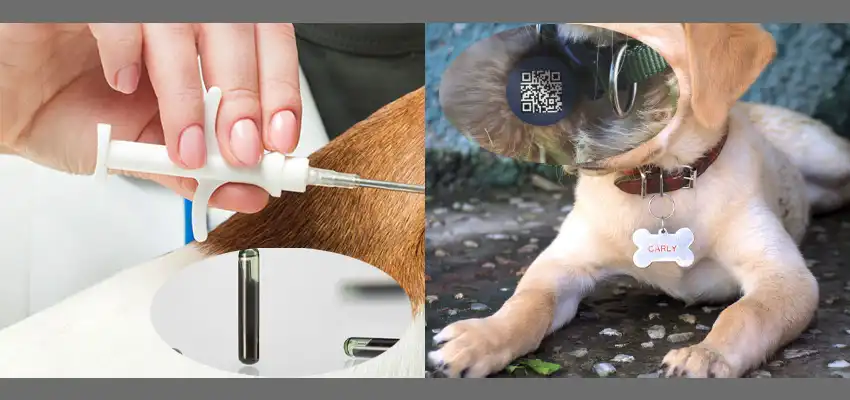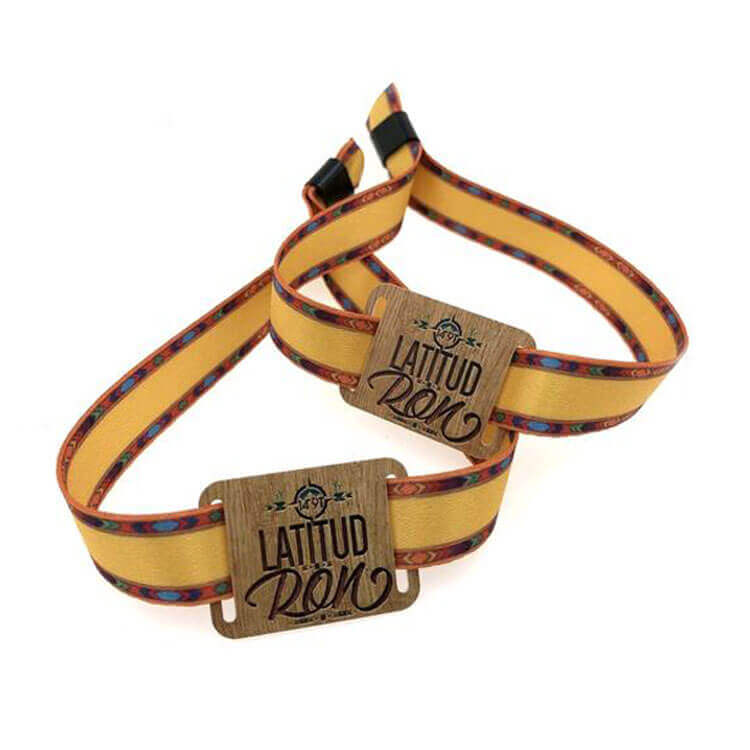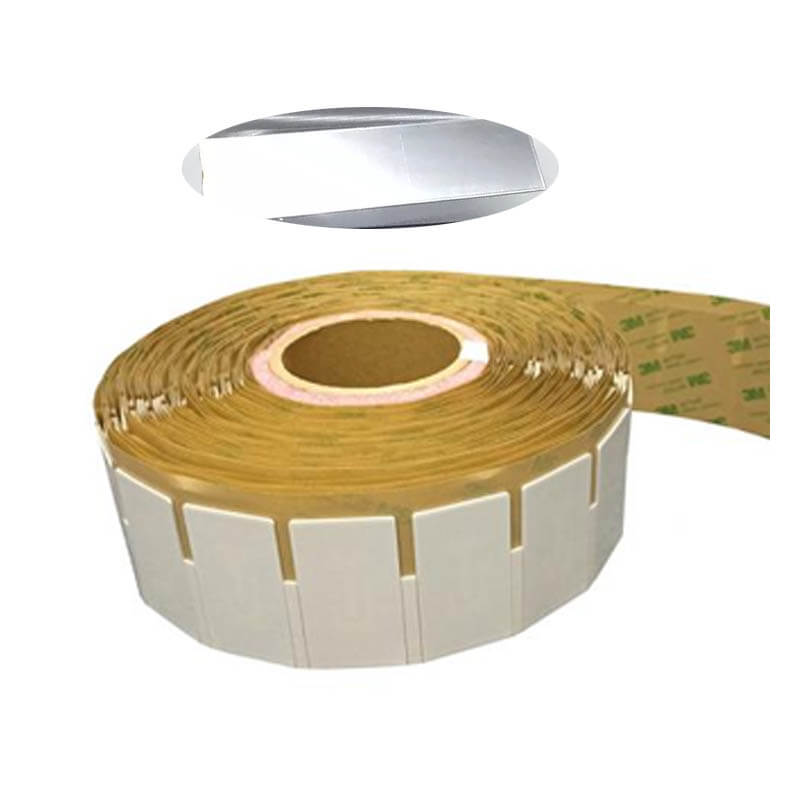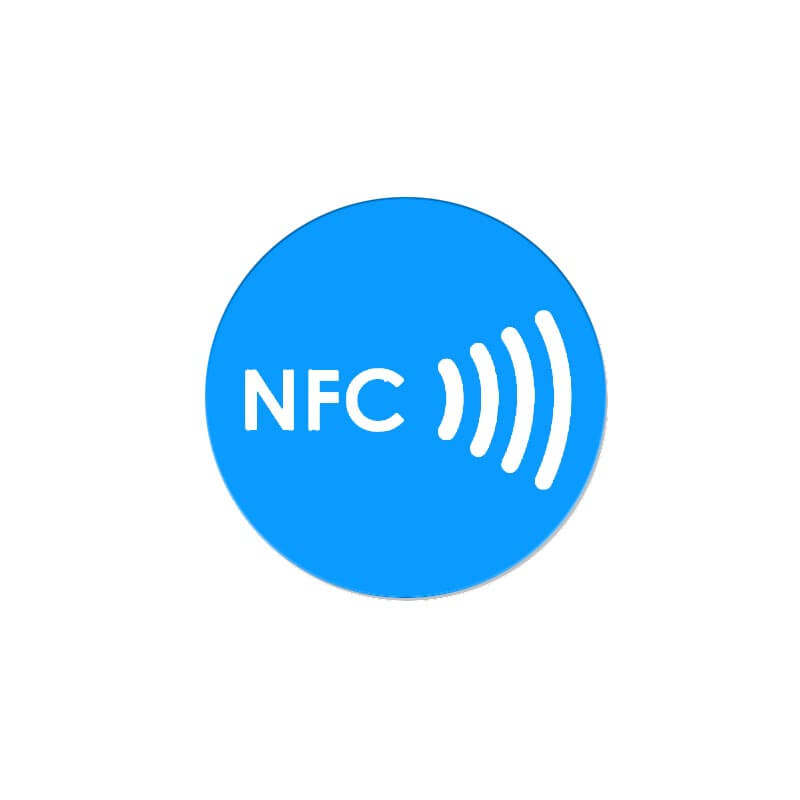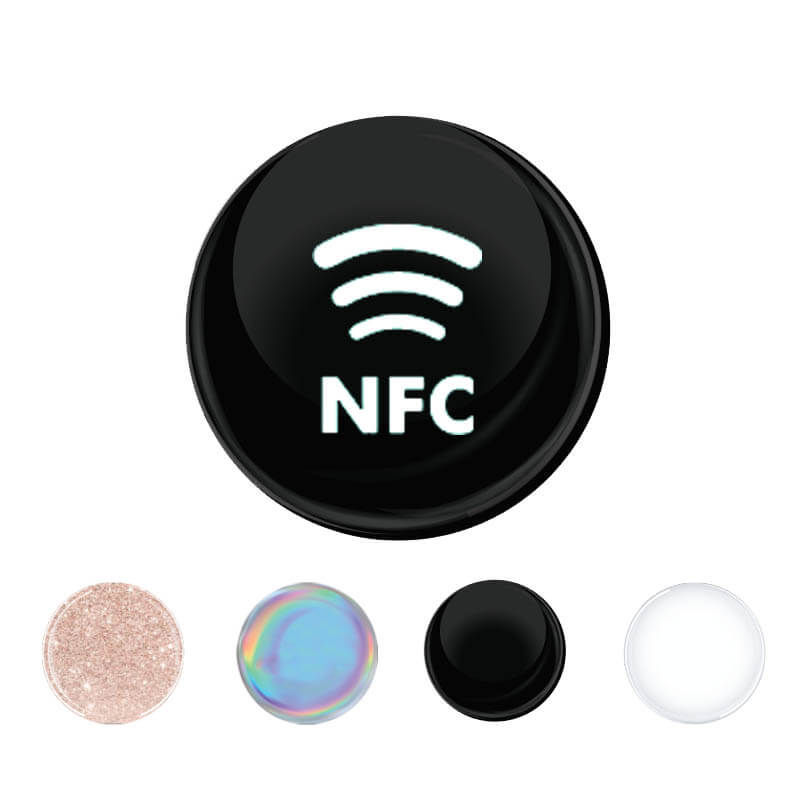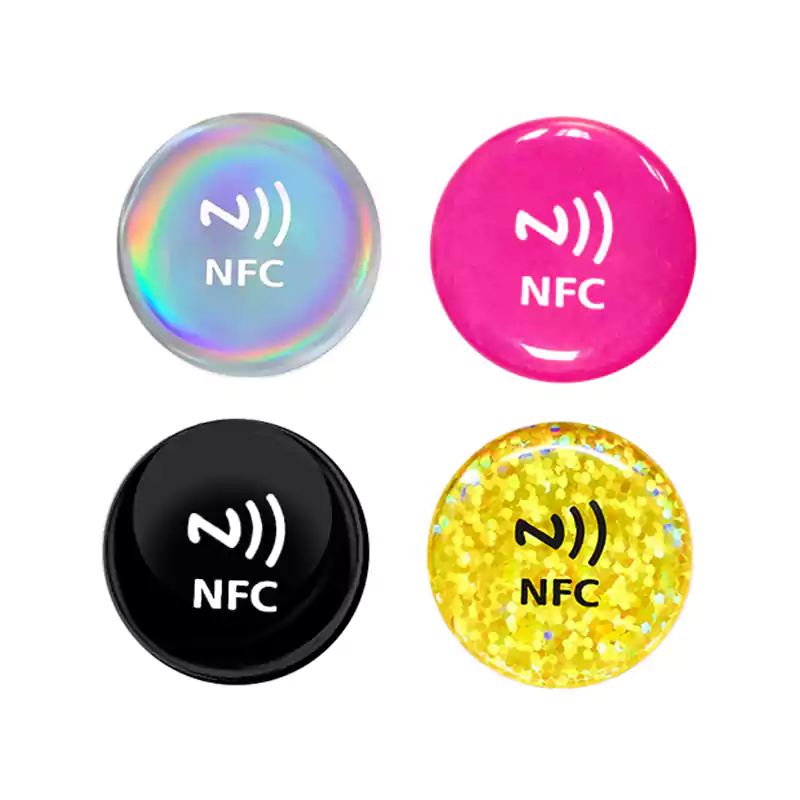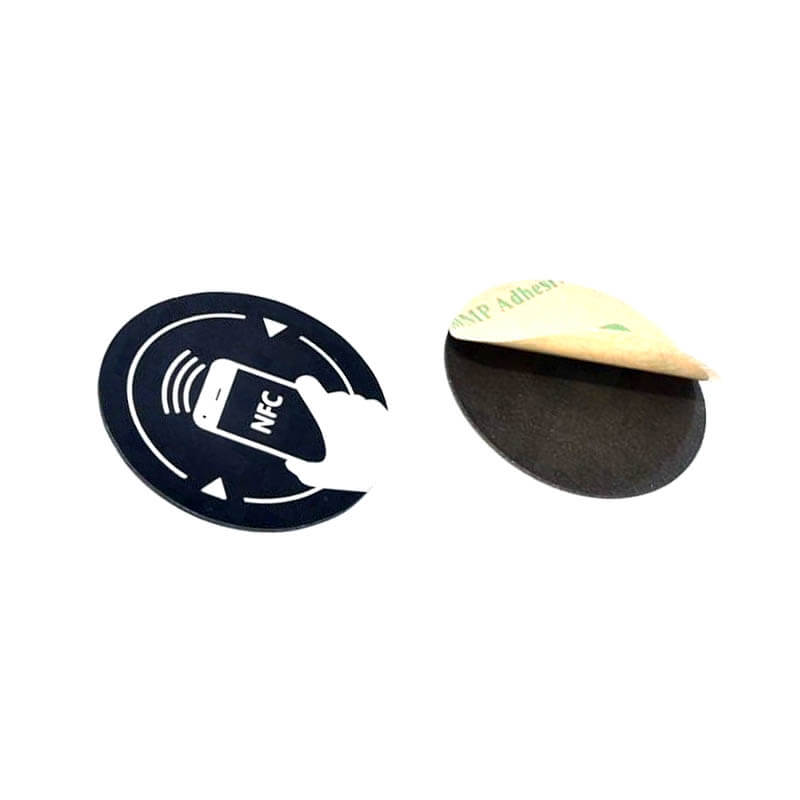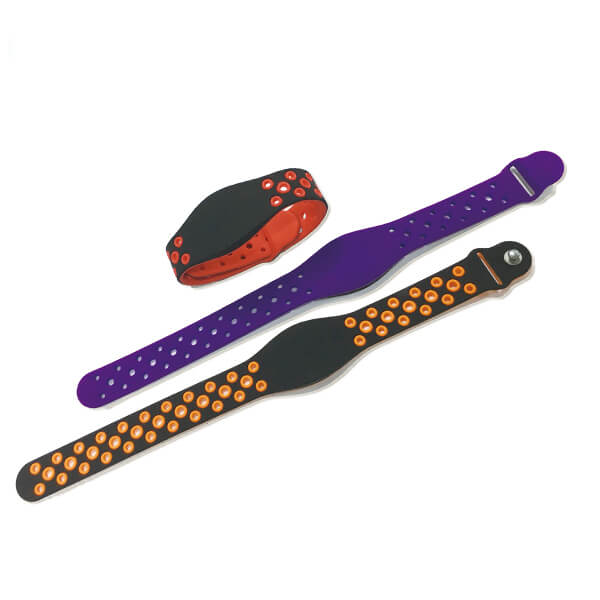The debate between traditional animal tags and RFID animal tags has been going on for years among livestock industry professionals. While both forms of identification are used to track animals, they have many distinct differences that need to be explored before moving forward with a livestock management program. In this blog post, we will cover the key elements that make up both forms of tagging so that you can understand exactly how RFID animal tags differ from traditional animal tags.
What is RFID Animal Tag?
RFID Animal Tags are electronic tags that are used to identify, monitor and manage the movement of animals. The tags use Radio Frequency Identification (RFID) technology, which consists of an integrated circuit with a unique serial number that can be read by a reader or sensor from up to several feet away.
RFID animal tags allow for quicker and more accurate identification of animals, allowing farmers and livestock owners to better control their herd’s movements and track their health metrics, as well as monitor all aspects of animal production. The tags come in a variety of shapes and sizes, depending on the type of animal they are designed for. They are typically waterproof and designed to last for many years without needing replacement.
What is difference?
RFID animal tags use the new RFID technology, and compared to traditional tags still have many differences.
- No-contact technology:With the help of RFID technology, managing livestock is easier than ever! This no-contact automatic identification system facilitates quick and convenient tracking of animals without requiring any human interference. The cards used in this method are read using radio waves and a scanner – making it an efficient way to keep tabs on your farm while keeping everyone safe at a distance.
- Faster and more accurate: RFID animal tag is revolutionizing the traditional way of collecting and storing data. No longer do you need to manually tag each animal – RFID technology allows for multiple tags to be printed at once with accurate results in a fraction of the time! Not only that, but because there’s no human contact involved, this system provides highly reliable information without any risk of error or misreading due to manual tasks. It’s the fast, economical, and incredibly efficient all-in-one solution!
- Durability: RFID animal tags are a tough and reliable choice when tagging animals. Unlike their traditional counterparts, these can withstand even the most extreme weather conditions without any damage or discomfort for your four-legged friends! Crafted from resilient TPU material, RFID ear tags provide long-lasting use that’s kind to both you and your pet.
- Ease of use: RFID technology is a revolution in the animal tracking world for its ability to effortlessly read and store large amounts of data from numerous animals. Thanks to radio waves, no human contact or manual scanning are necessary – just point, scan, and collect all your info with one simple device!
- Data security: RFID animal tags, with their dedicated and uncopiable chips, offer a new way of protecting animal data from hacking or inaccurate recording. Through the use of RFIDs to record movement and diet information, farmers now have access to invaluable insights about an individual’s health – allowing for better tracking across herds as well as timely responses in case any disease starts taking hold.
- Low operating cost: Say goodbye to cumbersome and costly traditional livestock management methods. Thanks to RFID technology, a vast number of animals can now be monitored with less labor expense and time investment. There is also the advantage of having durable tags which require far fewer replacements compared to their counterparts; making overall operation costs more economical over large scales!
In conclusion, RFID livestock tags and traditional animal tags each have their advantages when it comes to tracking animals. Both forms of identification are used to track animals, and their differences need to be explored before implementing a program. We hope that with this blog post you have the key elements needed to understand exactly how RFID animal tags differ from traditional animal tags.
We know how important it is for ranchers, farmers, and other professionals in the livestock industry to keep track of animals and their records accurately so they can perform their best. Therefore, if you’re considering purchasing RFID animal tags, there are many great manufacturers out there that offer good quality products at compelling prices and provide great customer service.
So don’t delay any longer – get your hands on some great RFID animal tags today so you can rest assured knowing that your animals are safe!

